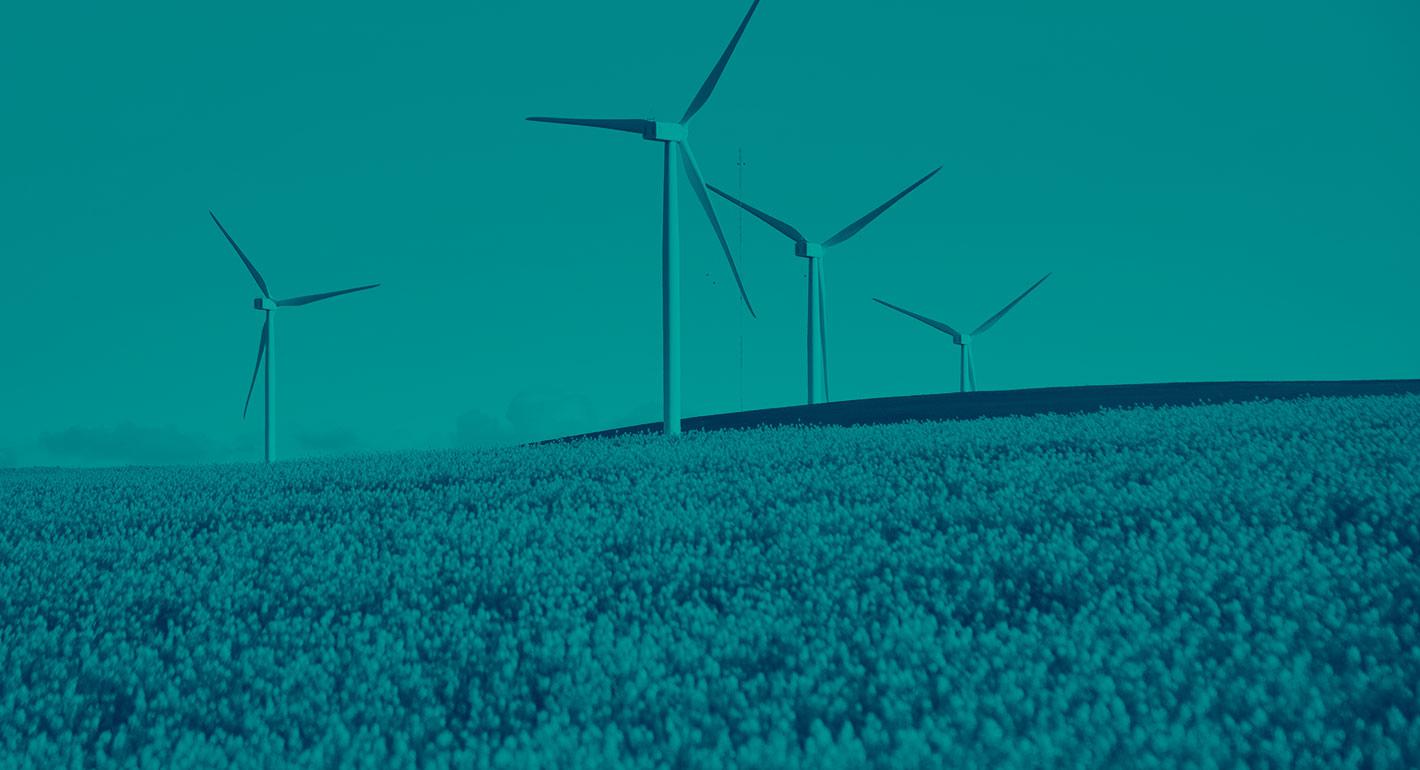Registration
You will receive an email confirming your registration.
At the 26th Conference of Parties (COP26) in November 2021, both Nigeria and India committed to achieving net zero emissions by 2060 and 2070, respectively—a controversial commitment given the inequities in historical greenhouse gas emissions between low and middle-income economies, including Nigeria and India, and high-income economies. Is it fair to hold all countries to the same green transition timeline?
Beyond questions of responsibility, there is also the matter of feasibility—reaching net zero emissions by the second half of this century will require considerable policy action, financing, technology solutions as well as a nuanced appreciation of political economy dynamics. How possible is this given a troubled global economy, competing development priorities, and lingering pandemic?
Join the Carnegie Africa Program for an in-depth expert panel discussion of the transition plans from Nigerian, Indian, and U.S. experts and the implications for the rest of the world.
